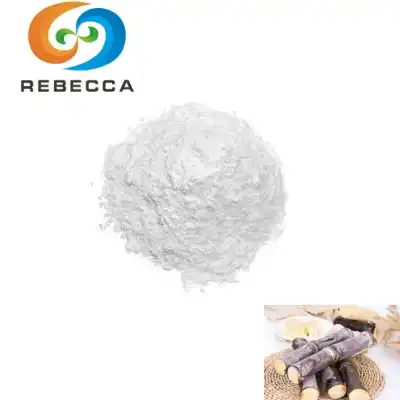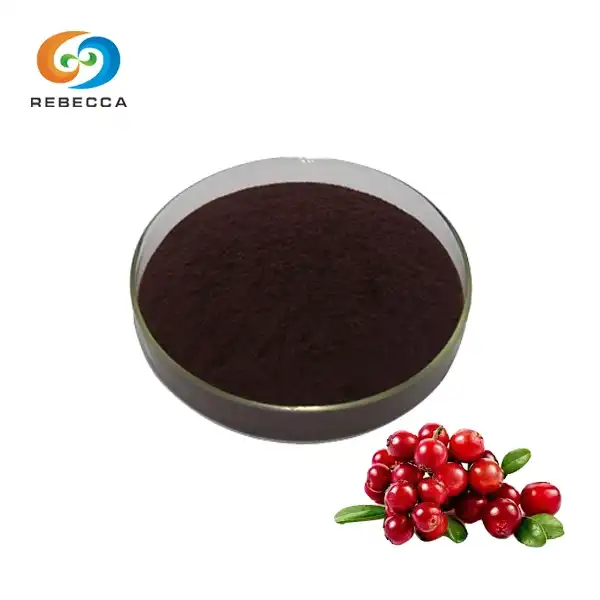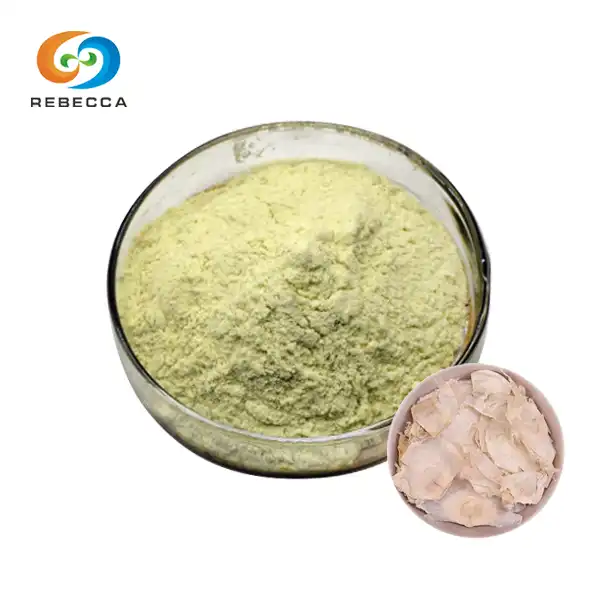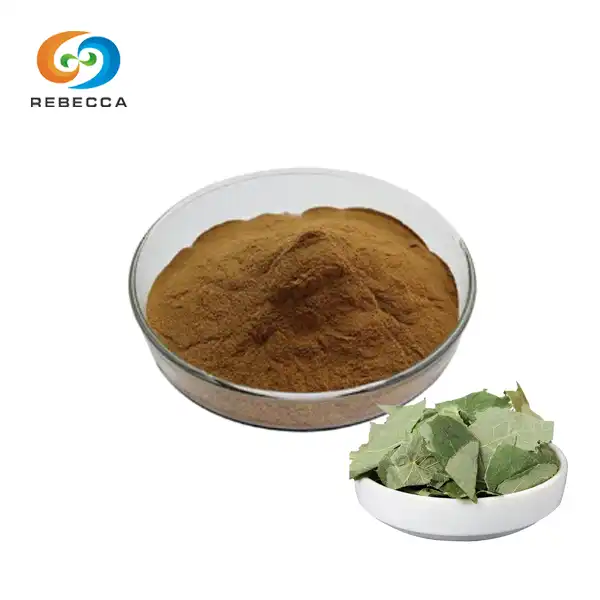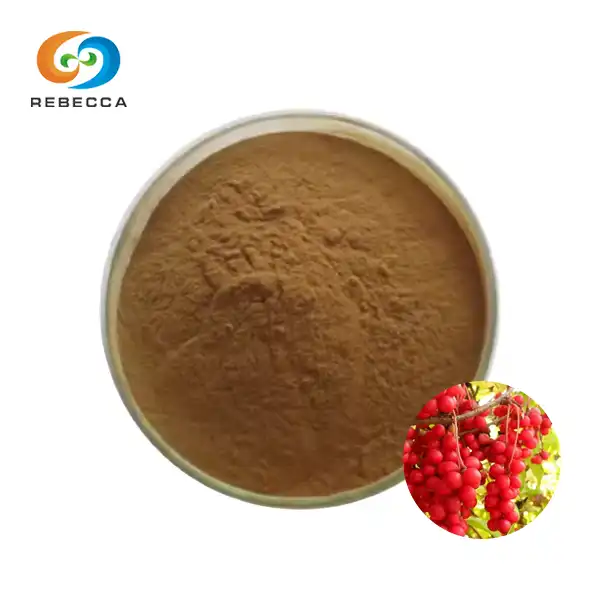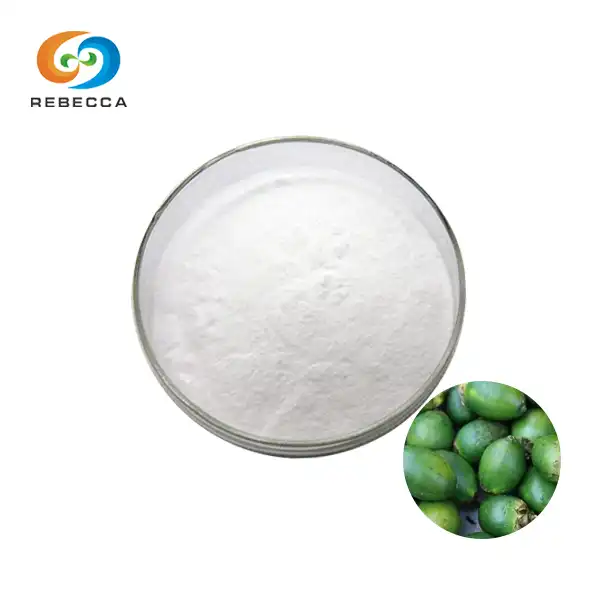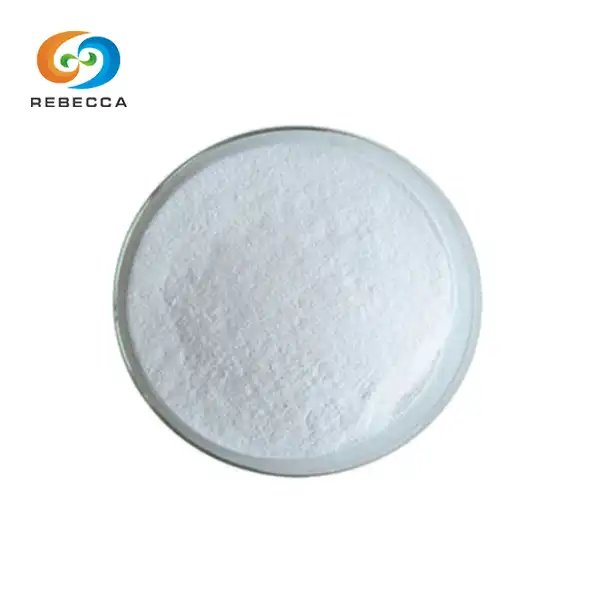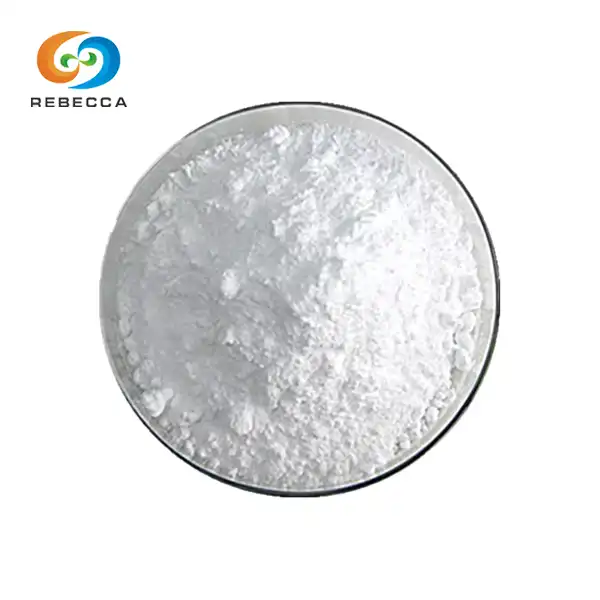Which is better, pterostilbene or resveratrol?
In natural health supplements, two compounds often emerge as contenders for promoting wellness: pterostilbene and resveratrol. Both belong to the stilbene family, sharing structural similarities but differing in key aspects that impact their effectiveness, bioavailability, and applications. If you're navigating the choices between these two, understanding their chemical makeup, health benefits, and safety profiles can help you make an informed decision. In this article, we'll delve into the science behind pterostilbene extract and resveratrol, exploring how they work and where each might shine in supporting your health goals.
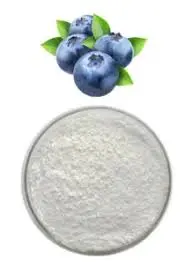
Chemical Structure & Bioavailability: The Foundation of Effectiveness
At the molecular level, resveratrol has long been celebrated as a natural phenol found in grapes, red wine, berries, and peanuts. Its structure features a stilbene backbone with hydroxyl groups, which contribute to its antioxidant properties. However, resveratrol faces a significant challenge: poor bioavailability. When consumed orally, it undergoes rapid metabolism in the liver and intestines through processes like glucuronidation and sulfation, leading to low systemic concentrations. This means that even when taken in high doses, often grams per day in research studies, only a small fraction reaches the bloodstream to exert its effects.
Enter pterostilbene, a methylated derivative of resveratrol naturally present in blueberries, grapes, and certain nuts. The key difference lies in its chemical modification: two methyl groups replace the hydroxyl groups in resveratrol's structure. This subtle change has a profound impact on its pharmacological profile. Pterostilbene extract exhibits higher lipid solubility, allowing it to be more easily absorbed through cell membranes. Additionally, it undergoes less first-pass metabolism, meaning more of the compound reaches the systemic circulation intact. Studies have shown that pterostilbene has 2–5 times greater bioavailability than resveratrol, with a longer half-life that enables effective action at lower doses, typically 25–50 mg per day in some clinical trials. This enhanced bioavailability positions pterostilbene as a promising candidate for applications where consistent systemic exposure is critical, such as in targeted health interventions.
Health Benefits: Where Each Compound Shines
Both pterostilbene and resveratrol are lauded for their antioxidant, anti-inflammatory, and potential anti-cancer properties, but their performance varies in specific health domains due to differences in bioavailability and molecular interactions.
Metabolic Health and Disease Prevention
Resveratrol has been extensively studied for its role in metabolic health, demonstrating the ability to improve insulin sensitivity, reduce oxidative stress, and support cardiovascular health by lowering blood pressure and inhibiting LDL cholesterol oxidation. These effects are thought to arise from its activation of sirtuins, a family of genes linked to longevity, and AMP-activated protein kinase (AMPK), a key regulator of energy metabolism. However, inconsistent clinical results have been reported, likely due to its limited absorption. In contrast, pterostilbene's superior bioavailability allows it to more potently modulate glucose and lipid metabolism. Studies show it can reduce triglycerides and LDL cholesterol more effectively while enhancing AMPK activity to promote cellular energy balance. This makes pterostilbene extract a compelling option for individuals seeking support for metabolic syndrome, weight management, or blood sugar regulation.
Anti-Cancer Potential
Research into both compounds highlights their ability to inhibit cancer cell proliferation, induce apoptosis (programmed cell death), and block angiogenesis, the formation of new blood vessels that feed tumors. Preclinical models have shown pterostilbene to exhibit stronger activity against breast, colon, and prostate cancer cells, likely due to its better cellular uptake and longer retention in tissues. While resveratrol demonstrates similar mechanisms, its efficacy is often limited by low concentrations at target sites. Pterostilbene's lipophilic nature allows it to penetrate cell membranes more efficiently, making it a subject of growing interest in cancer prevention research.
Neuroprotection and Cognitive Health
Crossing the blood-brain barrier is essential for compounds targeting brain health, and both stilbenes manage this feat. However, pterostilbene has shown greater promise in preclinical studies for reducing amyloid-beta accumulation, a hallmark of Alzheimer's disease, and enhancing cognitive function. Its ability to combat oxidative stress and inflammation in the brain, combined with improved bioavailability, positions it as a potential ally in neuroprotective strategies. Resveratrol, while beneficial, may require higher doses to achieve comparable effects in central nervous system tissues.

Safety & Side Effects: What You Need to Know
When considering any supplement, safety is paramount. Resveratrol has been studied for decades and is generally regarded as safe at moderate doses—up to 1–2 grams per day in most individuals. However, high doses may cause gastrointestinal discomfort, such as nausea or diarrhea, and it can interact with blood-thinning medications due to its antiplatelet effects. Individuals on anticoagulant therapy should consult a healthcare provider before use.
Pterostilbene extract, while a newer focus in research, has demonstrated good tolerability in clinical trials, with doses up to 200 mg per day showing no serious adverse effects. Reported side effects are rare and typically mild, with no significant interactions identified to date. That said, long-term human data is more limited compared to resveratrol, so ongoing monitoring of its safety profile is prudent. As with any supplement, starting at the lowest effective dose and seeking professional guidance, especially for those with preexisting conditions or medication regimens, is advisable.
Pterostilbene Extract Supplier Information
As we've explored, pterostilbene offers distinct advantages in bioavailability and targeted health benefits, making it a valuable ingredient for dietary supplements and functional foods. For those seeking a high-quality source of this compound, Rebecca Bio-Tech specializes in producing premium pterostilbene extract that meets rigorous standards for purity and efficacy.
Specification: Pterostilbene, Min 99%, HPLC.
Test Method: HPLC
Our pterostilbene is derived through advanced manufacturing processes to ensure consistent quality and optimal bioactivity. Whether you're formulating supplements for metabolic support, cognitive health, or antioxidant defense, our product delivers the purity and potency needed to meet your formulation goals. With a production capacity of 500 tons per year, we can accommodate orders of all sizes-from small research batches to large-scale commercial requirements competitive prices.
Looking for a reliable partner for your pterostilbene extract needs? Rebecca Bio-Tech is committed to providing superior products backed by scientific rigor and customer-centric service. Our team of experts ensures every batch adheres to international quality standards, giving you confidence in the safety and effectiveness of our offerings. For more information or to discuss your specific needs, reach out to us at information@sxrebecca.com. We're here to help you bring high-quality, science-backed solutions to market.
References
1. Dietary pterostilbene: A review of its pharmacokinetics and biological activities.
2 . Pterostilbene: A natural analog of resveratrol with enhanced bioavailability and efficacy.
3 . The safety and tolerability of pterostilbene: A systematic review and meta-analysis of clinical trials.,
4.Jang, M., et al. (1997). Cancer chemopreventive activity of resveratrol, a natural product derived from grapes.
